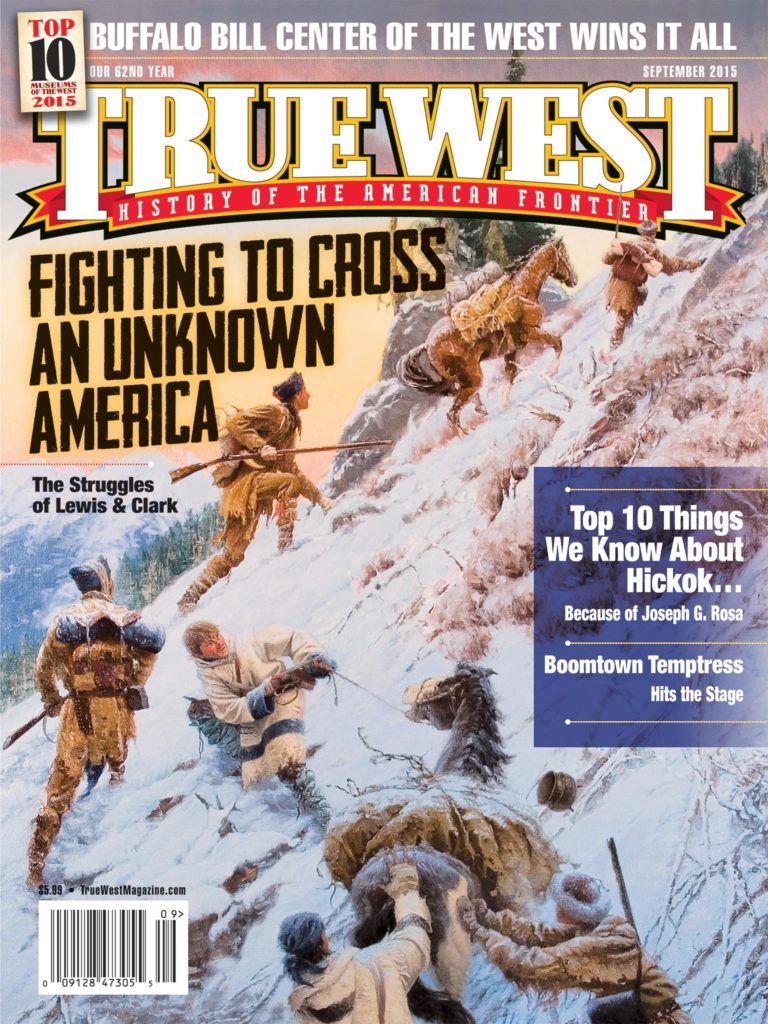A century ago, World War I was raging across Europe. Revolution had erupted in Mexico and China, and Ireland and Russia would soon boil over in revolt as well.
Since the end of the Civil War, the United States, fueled by its industrial revolution, had been aggressively broadening its hegemony beyond the Western Hemisphere, challenging European and Asian powers for greater access to markets for its raw and manufactured goods. As President Woodrow Wilson struggled to keep America out of the Great War, the Western United States found itself in economic, industrial and population booms, which transformed the Wild West into the Modern West.
I highly recommend three recent books that reveal how we still struggle nationally with the ramifications of the modernization of the West—and what our place in the wildness of our Western lands means to all of us:
Ben Masters’ Unbranded: Four Men and Sixteen Mustangs, Three Thousand Miles across the American West (Texas A&M University Press, $40).
David Gessner’s All the Wild that Remains: Edward Abbey, Wallace Stegner, and the American West (W.W. Norton & Co., $26.95).
Les Standiford’s Water to the Angels: William Mulholland, His Monumental Aqueduct and the Rise of Los Angeles (Ecco, $28.99).
—Stuart Rosebrook


